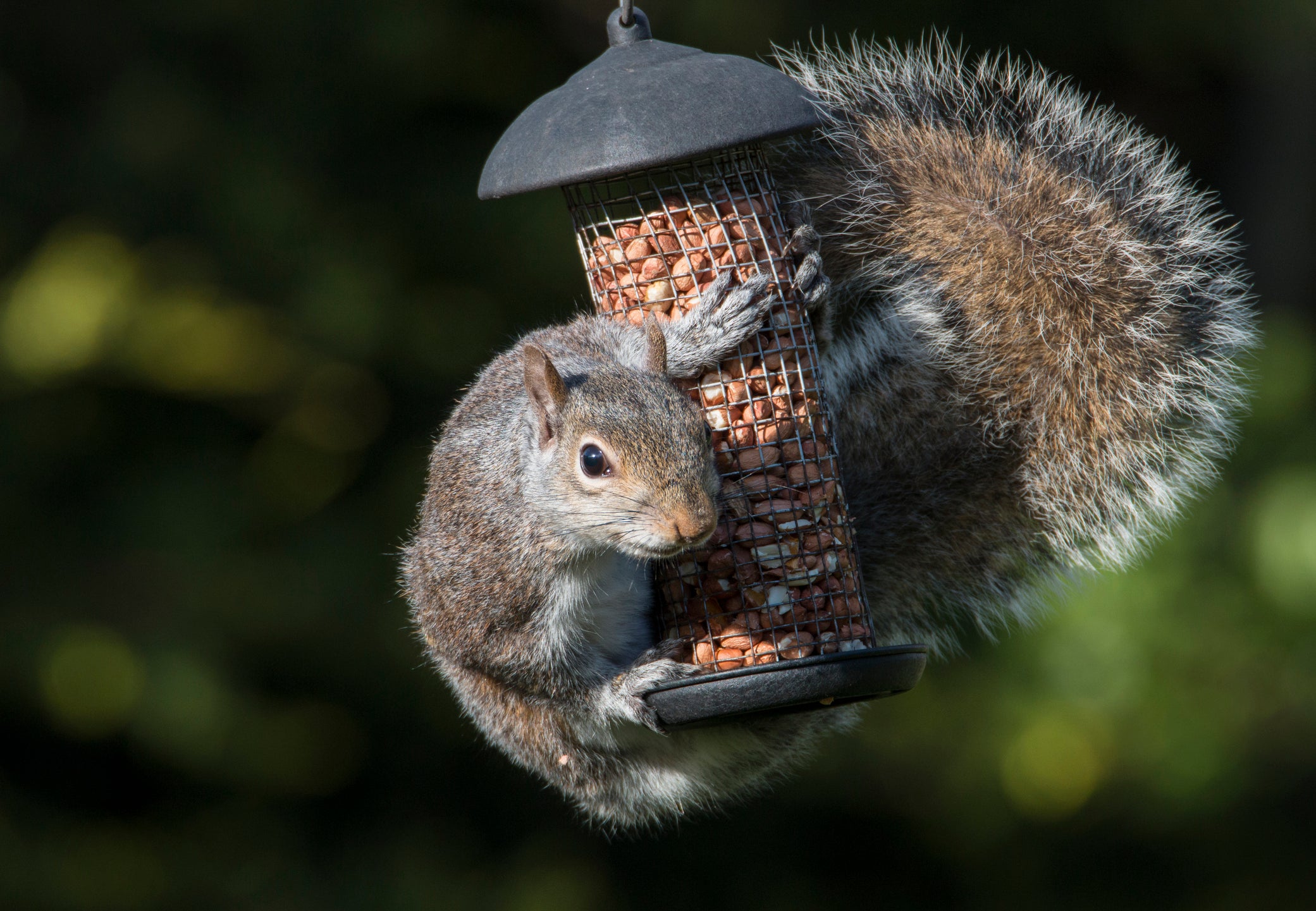This year’s Springwatch was a delight, as ever. It won’t hold quite such a special place in my heart as 2020’s edition, filmed almost miraculously mid-Covid, and providing a genuine moment of hope in that extraordinary time. Still, the 2022 version has been a cracker.
The red squirrels were joyful, and who doesn’t love a fox cub? But it’s the birds that really draw me in, just as they seemingly do the show’s hosts.
There were the prehistoric-looking heron chicks, wolfing down whole rats that had been charmingly regurgitated by their parents. There were the barn owl babes, who formed one fluffy mass in their nest box. And then there were the swallows and marsh harriers and black caps and sea eagles and razorbills and more. All with sunshine to boot. Lovely.
I am not a twitcher in a truly committed way. But my love for birds has certainly deepened in the past 15 years, to the extent that I would happily spend an hour in a hide with a pair of binoculars and a spotters’ guidebook for company. Both my children have been interested at various stages of their lives: my son’s enthusiasm fired particularly by the idea that different birds are worth certain numbers of points, depending on their rarity, as determined by his pocket guide.
My parents, fortunate to have a large garden, have all manner of bird feeders; a trip to their place is akin to visiting an aviary. But even they have been put in the shade by my brother, who last year moved to rural Wales, trading in his suburban semi for a farmhouse and 40 acres. He too offers up all sorts of nuts and seeds and fat-balls, and is rewarded with clouds of siskins, chaffinches and coal tits. Jays pitch up in droves, while you need only wait 10 minutes to be treated to the sight of a greater spotted woodpecker.
Having seen these bounties, familial pride – and a demanding son – forced me to up my game. So, this year, we have installed three bird feeders in our back garden: one for mixed seeds, one for sunflower kernels and the last for niger seeds. Feed them, and they will come. Right?
Well, up to a point. Goldfinches adore the niger feast and we’ve seen more of them than ever before. Greenfinches and chaffinches have made occasional appearances too, in among the usual gatherings of blue and great tits. In the last fortnight, local robins have blustered militantly about, grabbing sunflower seeds to feed their insistent chick; and a family of dunnocks have milled around, turning the ground beneath the feeders into a nursery-cum-cafe.
But the problem with feeding wild animals is that you don’t only get the customers you want. The mixed seeds, easily accessible, have been a magnet to corvids: magpies swoop and move on; jackdaws just scoff until there is nothing left. When I spy them from my window, I rush out, shaking my fist at them, like some sort of Mr McGregor figure; but they barely flinch, eyeing me with disdain, before finally lumbering away once I get within a couple of yards.
My main enemy, however, is the resident squirrel. He likes to climb to the top of the feeder stand, surveying his kingdom, before pulling the sunflower hearts towards himself and sucking them into his mouth like a child guzzling a McDonald’s milkshake. I dash out and tell him where to go, but like the jackdaws, he isn’t at all concerned either by my appearance or my increasingly expletive-filled exclamations. Once I’m close enough practically to tickle his tummy, he scrambles down, jittering away, then pausing to see whether I’m going to follow him.
Invariably, within five minutes he’s back, refuelling his belly, and out I run again. He’s charming really, and I feel miserly – but if I leave him to it, the birds I want to attract will go elsewhere.
What’s more, such are the appetites of the squirrel and the jackdaws, that they can empty the feeders in a matter of a few hours. And whereas the old lady in Mary Poppins memorably sold birdfeed at a tuppence a bag, the cost of niger seeds and kibbled sunflower hearts is significantly higher. If my birds aren’t to become a victim of the cost of living crisis, Mr Squirrel must be kept at bay. Chris Packham would surely understand.



Join our commenting forum
Join thought-provoking conversations, follow other Independent readers and see their replies
Comments